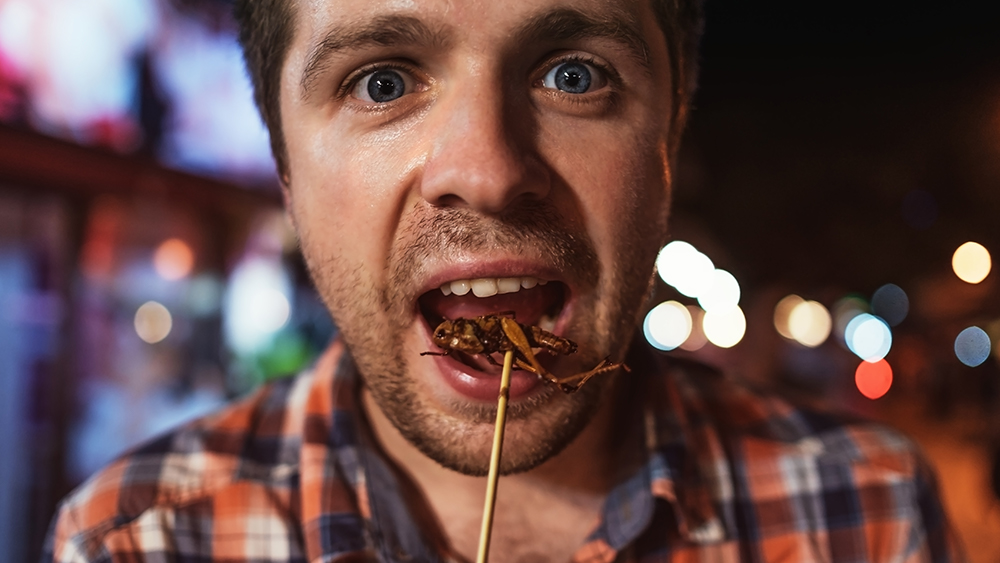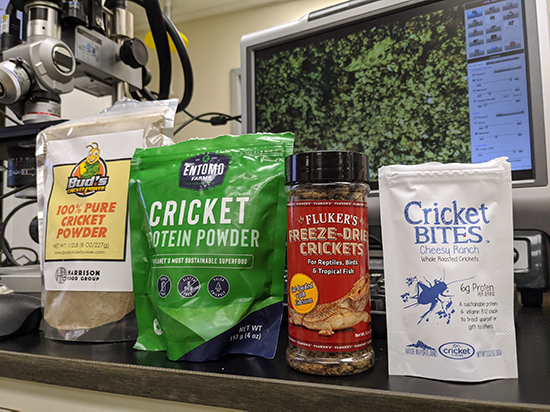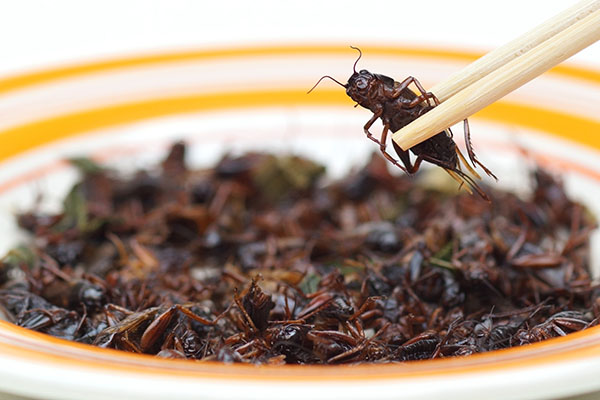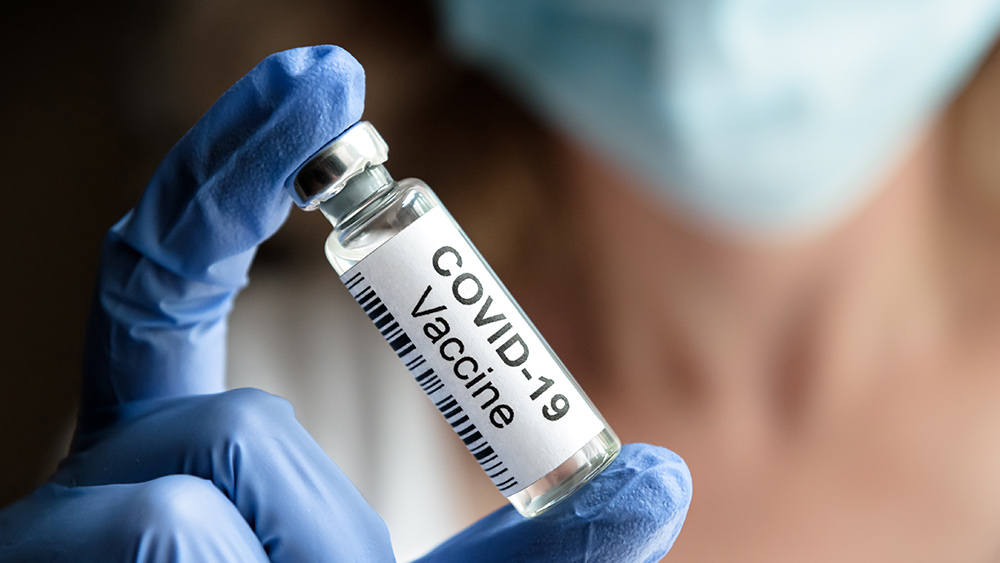NPR calls the backlash over not wanting to eat bugs a ‘conspiracy’
04/17/2023 / By News Editors

The idea of eating bugs has, once again, found its way back into the news. NPR recently released a piece that suggested the pushback against eating bugs is founded on a baseless conspiracy theory that elites want the population to consume bugs. However, the evidence seems to suggest that elites do, in fact, want the population to consume the likes of grasshoppers and fly larvae.
(Article by C.G. Jones republished from HumanEvents.com)
“Including insects in human food has been an emerging,” NPR wrote, “but still marginal, idea among climate scientists and food security experts. In countries where insects have not been a part of the diet, it’s an idea that has long been met with hesitancy and occasional ridicule.
“In recent years, however,” they considered, “this aversion has fused with an amorphous and shapeshifting conspiracy theory in which a shadowy global elite conspires to control the world’s population. For those who espouse the theory, eating bugs isn’t just a matter of disgust, or questioning the impacts of climate change. It’s framed as a matter of individual freedom and government control.”
Though bug-eating is not a new development, world leaders have certainly encouraged the notion that those in the West ought to consider consuming bugs. President Joe Biden and Canadian Prime Minister Justin Trudeau suggested that there would be food shortages in early 2022, following Russia’s invasion of Ukraine.
Call it a coincidence, but just two months later, it was reported that primary school children in Wales were possibly going to be fed crickets and mealworms, as a scientist suggested that this would set the tone for an eco-friendly living environment. It was just a few days after this report that the Toronto Sun suggested that consuming crickets could effectively combat food shortages.

In late June 2022, Aspire Food Group had announced that it had set out to produce 9,000 metric tonnes of crickets every year for “human and pet consumption,” which would amount to two billion crickets. Just one month after Aspire Food Group mentioned their cricket goals, food company Actually Foods had listed “organic cricket flour” as one of its primary ingredients.
It is not difficult to see how Biden and Trudeau’s mention of food shortages appear to have ignited serious efforts to introduce bugs as a leading dietary element. There is nothing about this series of events that suggests conspiracy, but rather just plain facts. It is also important to consider that bug-eating has not been a grassroots effort, kicked off by small-town companies attempting to do good in their community. Bug consumption has been embraced and pushed by the largest organizations in the world, including the World Economic Forum (WEF).
However, our so-called food shortages have only been one of the many justifications for introducing bugs into food. Another common justification of those in the bug-eating industry is how superior bugs are in protein compared to what we currently eat. The Vancouver Sun published a piece in 2016 that covered how Enterra intended to “replace unsustainable fish meal and soy as sources of protein and fat with bugs grown on waste food.” The piece also mentioned that bugs would be a hard sell to “hikers and snowboarders.”
CNN reported that the average American, in the not-too-distant future, would maybe “toast bread with cricket flour, drink a protein smoothie made from locust powder, and eat scrambled eggs (made extra-creamy with the fat from mopane caterpillars) with a side of mealworm bacon.”
The piece continued by noting that this hypothetical meal would provide “four times the iron, more than three times the protein and more key vitamins and minerals than the bread, smoothie, eggs and bacon you eat today – all while saving the planet.”
What better way to solidify the fact that bug-eating is being pushed by elites than the World Economic Forum suggesting in 2021, in the midst of the COVID-19 pandemic, that everyone should embrace the eating of bugs, as the global population increases, apparently leaving few other alternatives than consuming bugs.
But for NPR, the anti-bug-eating sentiment is basically just racist. They link not wanting to eat bugs with colonialist sentiments.
“There was very much an idea that you are what you eat back then. And so the Europeans felt they needed European foods,” Julie Lesnik, an associate professor of biological anthropology at Wayne State University in Detroit told NPR. “There is very much a worry that if you ate the Indigenous foods, you would become a savage.”
“Conservative media influencers continue to tap into this sentiment today,” NPR declared, before writing that “Lesnik sees a throughline between the early colonizers and the conservative outrage today.”
“The easiest punching bag … is to pick on something that looks uncivilized,” Lesnik said.
But of course it could just be that people just don’t want to eat bugs.
Read more at: HumanEvents.com
Submit a correction >>
Tagged Under:
big government, conspiracy, cricket protein, deception, deep state, depopulation, fake news, food supply, globalist elite, ingredients, mainstream media, NPR, propaganda
This article may contain statements that reflect the opinion of the author




















